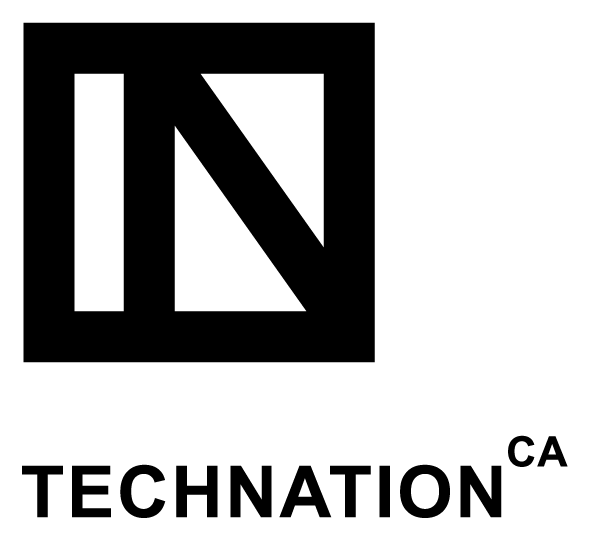Clinical Fundamentals for Non-Clinicians: The Care of the Health of the Body
NIHI - McMaster CE Microcredential Course
Instructors
Dominic Covvey FACMI, FHIMSS, FCIPS, SMIEEE, ITCP, President & Director, National Institutes of Health Informatics; Adjunct Professor, University of Waterloo
David Zitner FCFP, CCFP, MD, MA, Retired Family Physician; Founding Director, Medical Informatics, Dalhousie University
This course is the first course in the series Clinical Fundamentals for Non-Clinicians. A crucial competency Health Informaticians and other non-clinical professionals in the health system require is knowledge of the system, its parts, its people, its functions – including diagnosis, treatment, recordkeeping and the evaluation of the effectiveness of interventions – as well as the strengths and weaknesses of each of these. This is also basic knowledge for other professionals working in the health sector.
The series will help the participant develop a useful understanding of health, sickness and the care system, including strategies for diagnosing rare and common problems, understanding test results, and evaluating treatments.
Upon completion you will be awarded a NIHI - McMaster CE digital microcredential. A microcredential can be shared online on a resume, portfolio, or website such as LinkedIn, providing official certification of skills and capabilities.
Topics covered:
- Understanding the Nature of Health and the Purposes of Health Care.
- Understanding the Science and Art of Medicine and the Importance of Biomarkers.
- Understanding Why and How We Must Measure Health, and the Treatment Wager.
- Understanding the Patient Encounter, Diagnosis, Treatment and Effectiveness.
- Understanding Testing: What is Useful Testing and Where the Dangers Lurk.
- How to find and to assess quality health information.
- What evidence and critical evaluation are about.
- Understanding NNT (the Number Needed to Treat) and the NNH (the number Needed to Harm) – addressed on NNT.com
- Understanding the etiologies of disease.
- Appreciating that medical practice comprises both science and art.
Learning Objectives
- Understand and begin to work in collaboration with clinicians.
- Define processes and systems that make a real difference in the work of clinicians and the care of patients.
- Communicate with clinicians from a position of familiarity with the nature of the work they do.
- Influence the evaluation of the effects and effectiveness of informational processes.
- Plan the deepening of their knowledge and skills to be able to more intensely collaborate with clinicians.
Intended Audience
- Health informaticians
- Other non-clinical professionals in the health system that require knowledge of the system, its parts, its people, and its functions.
- Professionals supporting the health sector including health-related government agencies and non-government organizations.
- Private industry management and staff providing services supporting the health system.
- Healthcare Leaders such as C-suite executives, Directors, and Managers.
- Anyone wanting to improve their understanding of how best to evaluate and use evaluations in Informatics systems.









